So, you’re diving into crypto and have your eyes set on making some savvy investments.
But wait a minute—have you considered the security of the platforms you’ll be trading on?
I bet you’re wondering, “Are these exchanges even regulated?”
Well, you’re in the right place to find out.
In this article, I will unravel a crucial aspect many traders overlook: SEC registration.
That’s right, the U.S. Securities and Exchange Commission plays a significant role in the crypto world, and knowing which exchanges are registered with them could be a game-changer for your investment strategy. Even, you should also know that SEC is one of the key reasons why there are so many crypto futures exchanges are banned in US.
So, stick around because you won’t want to miss what comes next.
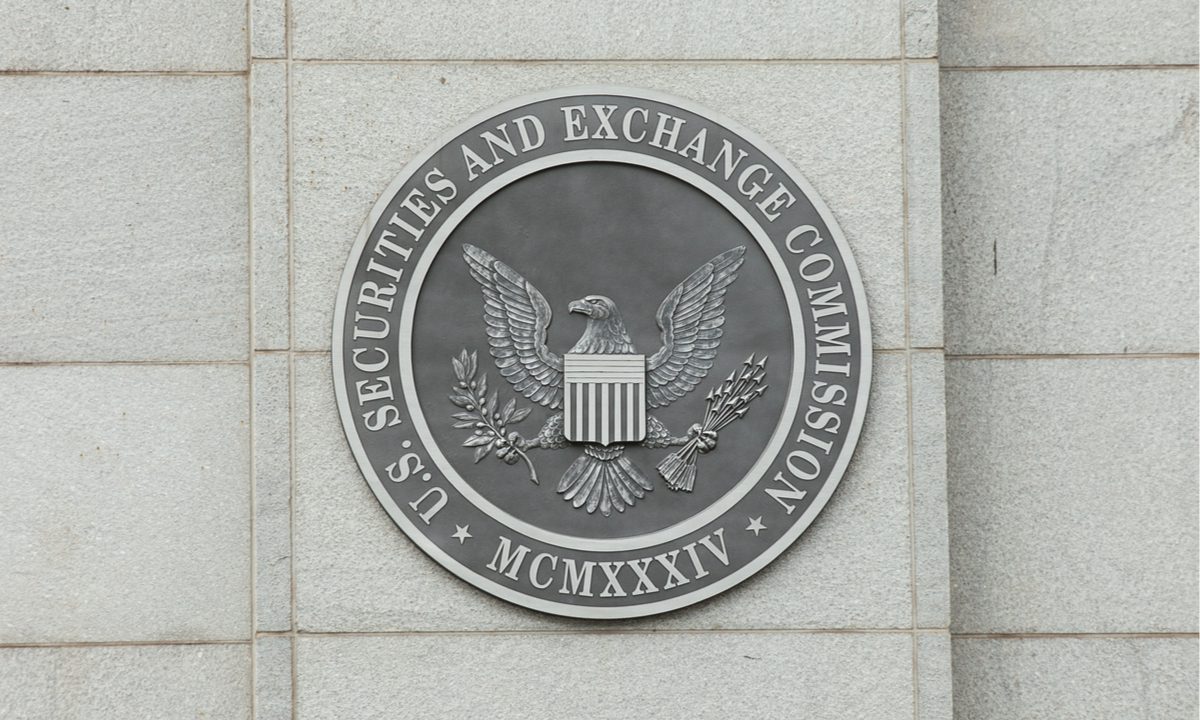
Brief Overview of SEC’s Role in Regulating Crypto Exchanges
So, what’s the big deal about the SEC, and why should you care?
Great question.
The U.S. Securities and Exchange Commission (SEC) is a federal agency responsible for protecting investors, maintaining fair and efficient markets, and facilitating capital formation.
But the SEC also has its eyes set on the crypto world. You see, not all crypto exchanges are created equal.
Some are more secure and transparent than others. And that’s where the SEC comes in.
The agency aims to ensure crypto exchanges meet specific regulatory standards like traditional financial markets.
This is crucial because, let’s face it, the crypto space is still like the Wild West—full of opportunities but also risks.
Now, you might be thinking, “But aren’t cryptocurrencies decentralized? How can a government agency regulate them?”
Excellent point.
While cryptocurrencies are decentralized, the platforms where you buy, sell, and trade them are not.
These platforms are businesses that fall under the jurisdiction of regulatory bodies like the SEC.
New to crypto trading? Learn What to do if your crypto exchange account gets hacked?
Significance of SEC Registration for Crypto Exchanges
SEC registration is more than just a rubber stamp; it’s a badge of credibility and trustworthiness.
When an exchange is SEC-registered, it’s like a seal of approval that tells you, “Hey, this platform is playing by the rules.”
SEC registration also means the exchange must adhere to stringent reporting and auditing requirements.
What does this mean for you?
- Transparency
You’ll have a clearer picture of the exchange’s financial health, business activities, and risk factors.
This level of disclosure is invaluable, especially when you’re entrusting your hard-earned money to the platform.
- Investor protection
The SEC’s primary mission is to protect investors, which translates to various safeguards and mechanisms designed to ensure fair trading and to prevent market manipulation.
So, the next time you shop for a crypto exchange, consider the SEC registration a significant factor in your decision-making process.
And in the volatile crypto world, that assurance is worth its weight in Bitcoin.
Following are five major exchanges that have some products registered with the SEC.
Coinbase: The Gold Standard in SEC-Registered Exchanges
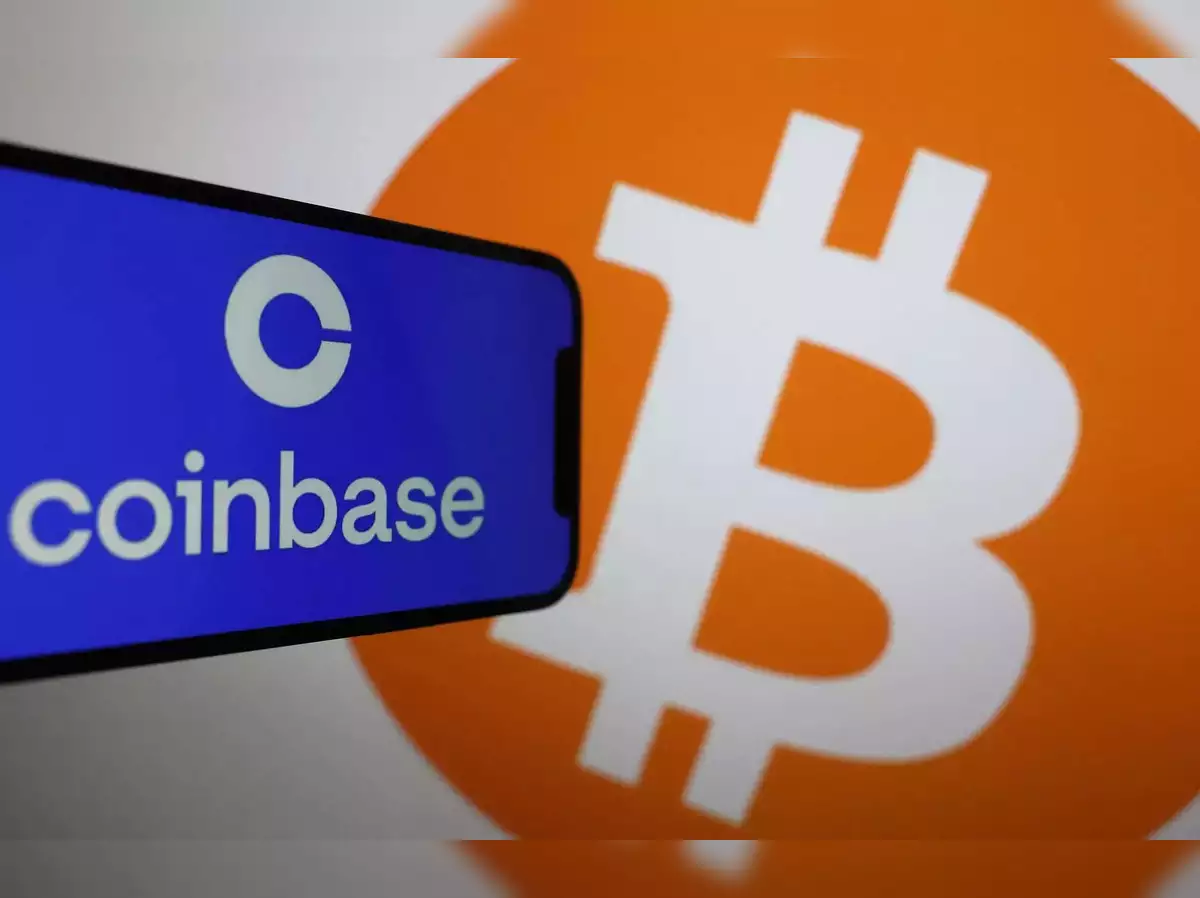
Coinbase is often considered the gold standard for SEC-registered crypto exchanges.
Founded in 2012, this San Francisco-based platform has been a pioneer in bringing cryptocurrency to the mainstream.
And guess what?
It was one of the first crypto exchanges to be registered with the SEC, giving it a seal of credibility that many other platforms lack.
- Why Choose Coinbase?
First, Coinbase offers a user-friendly interface perfect for crypto newbies. But don’t let its simplicity fool you. The platform also offers a range of features tailored for more experienced traders, including advanced charting tools and a wide array of supported cryptocurrencies. - Security Measures
Coinbase places a high emphasis on security. With features like two-factor authentication, cold storage for most digital assets, and insurance coverage for digital wallets, you can trade with peace of mind. - Regulatory Compliance
And let’s not forget being SEC-registered means Coinbase adheres to stringent regulatory guidelines. This ensures transparency, accountability, and customer protection that unregistered platforms can’t match. - Fees and Other Charges
You might think, “All this must come at a price,” and you’d be right. Coinbase’s fee structure is on the higher side compared to other exchanges. However, many users find the extra cost justifiable for the added security and features.
eToro: A Global Player with SEC-Regulated Offerings

eToro is a social trading platform that has made waves globally, offering a range of assets from stocks and commodities to cryptocurrencies.
eToro USA is registered with FinCEN and operates under the regulatory framework of the SEC for its stock and CFD trading services.
- SEC Oversight on Stock and CFDs
First, eToro’s stock and CFD trading services are regulated by the SEC, which means you get the same level of protection as you would with other SEC-regulated platforms. This is a big deal because it adds security and trust to your trading activities. - What About Crypto?eToro offers a wide range of cryptocurrencies for trading, from Bitcoin and Ethereum to lesser-known altcoins. However, it’s important to note that the SEC does not directly regulate cryptocurrency trading services. While you can trade crypto on eToro, these activities are not covered by the same regulatory protections as stock and CFD trading.
- Why eToro?
The platform offers a user-friendly interface, a wide range of assets, and a unique social trading feature. Its stock and CFD trading services are also regulated by the SEC, offering trust and security.
Recommended Read: What is a centralized crypto exchange?
SoFi: A One-Stop Shop with SEC Blessings
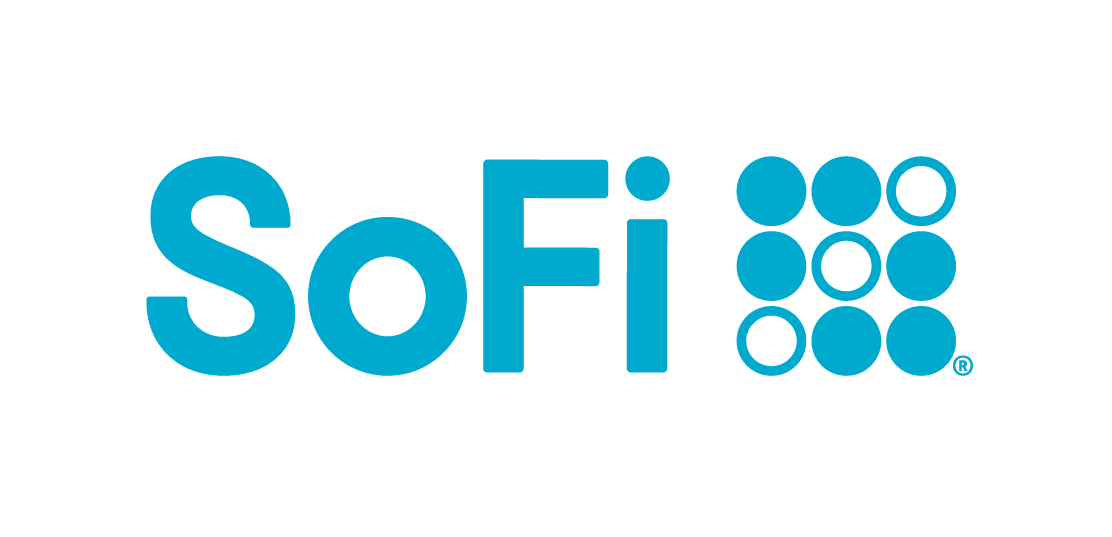 SoFi, short for Social Finance Inc., started as a student loan refinancing company but has since expanded into a financial services powerhouse.
SoFi, short for Social Finance Inc., started as a student loan refinancing company but has since expanded into a financial services powerhouse.
And guess what?
It’s got the SEC’s stamp of approval for some of its services.
- SEC-Regulated Investment Products
First, SoFi offers a range of investment products like stocks, ETFs, and robo-advisors under the SEC’s jurisdiction. This is a big win for users because these offerings come with the regulatory safeguards you’d expect from an SEC-compliant platform. - Crypto Trading: A Different Ball Game
SoFi does offer cryptocurrency trading, featuring popular coins like Bitcoin and Ethereum. But these crypto services are not SEC-regulated. So, while you can diversify your portfolio with crypto on SoFi, be aware that these assets don’t have the same level of SEC protection. - Why Choose SoFi?
Its multi-faceted platform allows you to manage various aspects of your financial life in one place. Plus, the SEC regulation on some of its investment products offers a layer of credibility and safety.
Robinhood: A Hybrid Platform with SEC Oversight
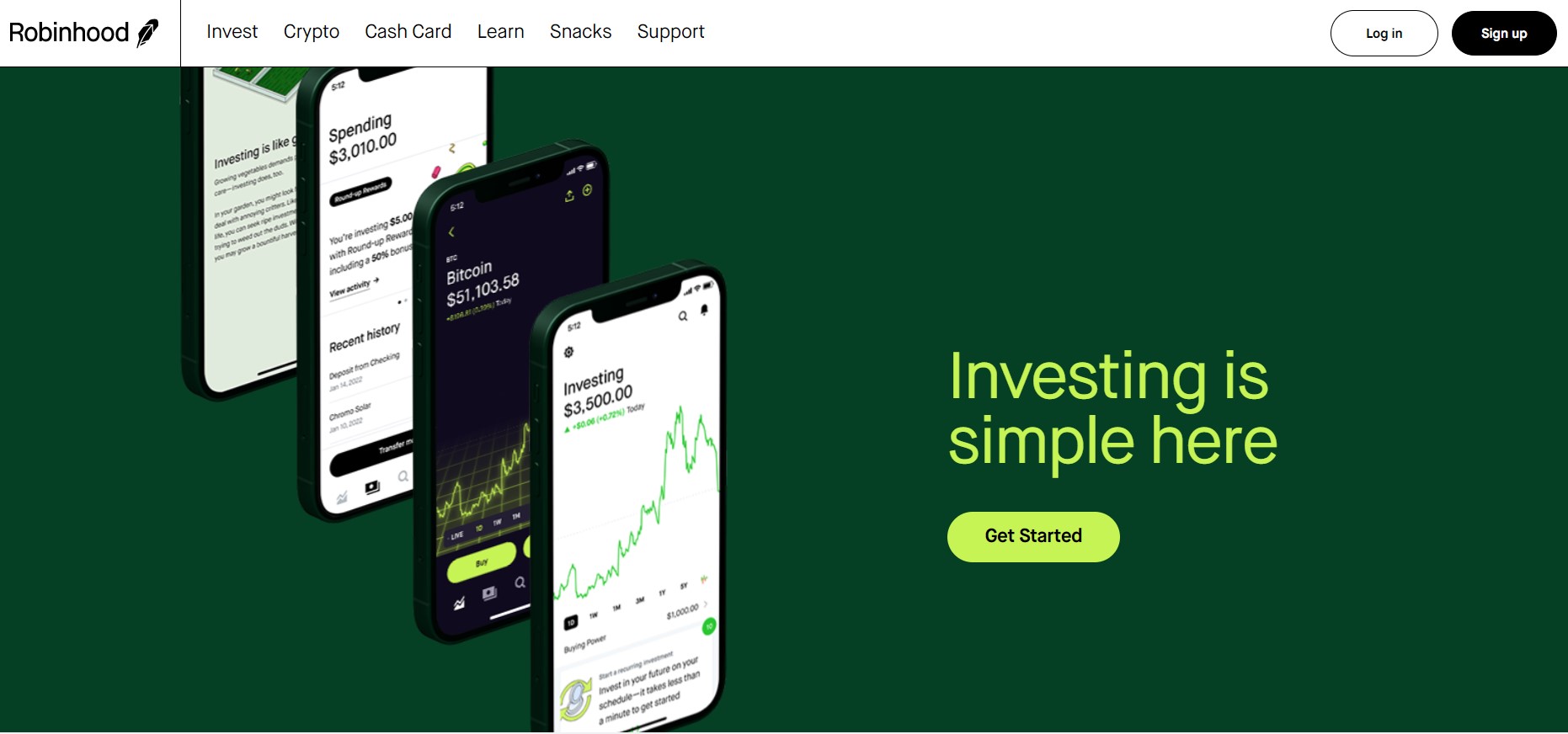
Initially gaining fame as a commission-free stock trading platform, Robinhood has expanded its offerings to include cryptocurrencies.
But while the SEC regulates the platform for its stock and Options trading, its cryptocurrency trading service is separate.
- SEC Oversight on Stock Trading
First, Robinhood is a registered broker-dealer for its stock and Options trading services, falling under the SEC’s jurisdiction. This means that when trading traditional financial instruments on Robinhood, you’re protected by the regulatory safeguards that the SEC provides. - Cryptocurrency: A Different Ball Game
Robinhood allows you to trade various cryptocurrencies, from Bitcoin to Dogecoin. However, it’s crucial to understand that the SEC does not directly regulate these crypto services. It means that the crypto side of Robinhood doesn’t offer the same level of regulatory protection as its stock trading counterpart. - Why Choose Robinhood?
So, why would anyone opt for Robinhood’s crypto services? The platform offers a seamless user experience, making it easy for newcomers to enter the crypto market. The same app allows you to trade stocks, ETFs, and cryptocurrencies, offering a one-stop shop for various asset classes.
Kraken: Paving the Way for Regulation
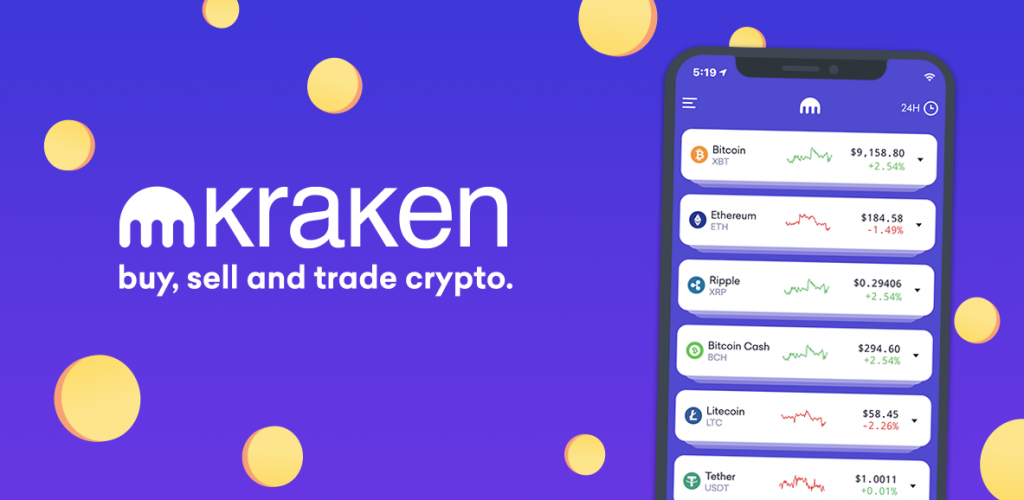
Founded in 2011, Kraken has a reputation for offering various cryptocurrencies and excellent security features.
But Kraken isn’t just resting on its laurels; it’s actively seeking to become a regulated entity.
- Eyeing Regulation
You might be asking, “Why does this matter?” Good question. Kraken has acquired several regulated entities, including a Futures trading platform regulated by the UK’s Financial Conduct Authority. This move signals Kraken’s intent to operate within a regulated framework, even if the SEC does not directly regulate the exchange. - Trust and Transparency
You might wonder, “What’s in it for me?”. Kraken’s push towards regulation adds an extra layer of trust and transparency. It means the exchange is willing to comply with legal requirements, which can be a significant advantage for cautious investors like you and me. - What This Means for You
Simply put, Kraken is one to watch if you’re looking for an exchange taking proactive steps to align itself with regulatory standards. Its commitment to regulation could make it a safer bet in the ever-evolving landscape of cryptocurrency trading.
Recommended Read: Who regulates bitcoin in the US?
Benefits of Choosing SEC Registered Exchanges
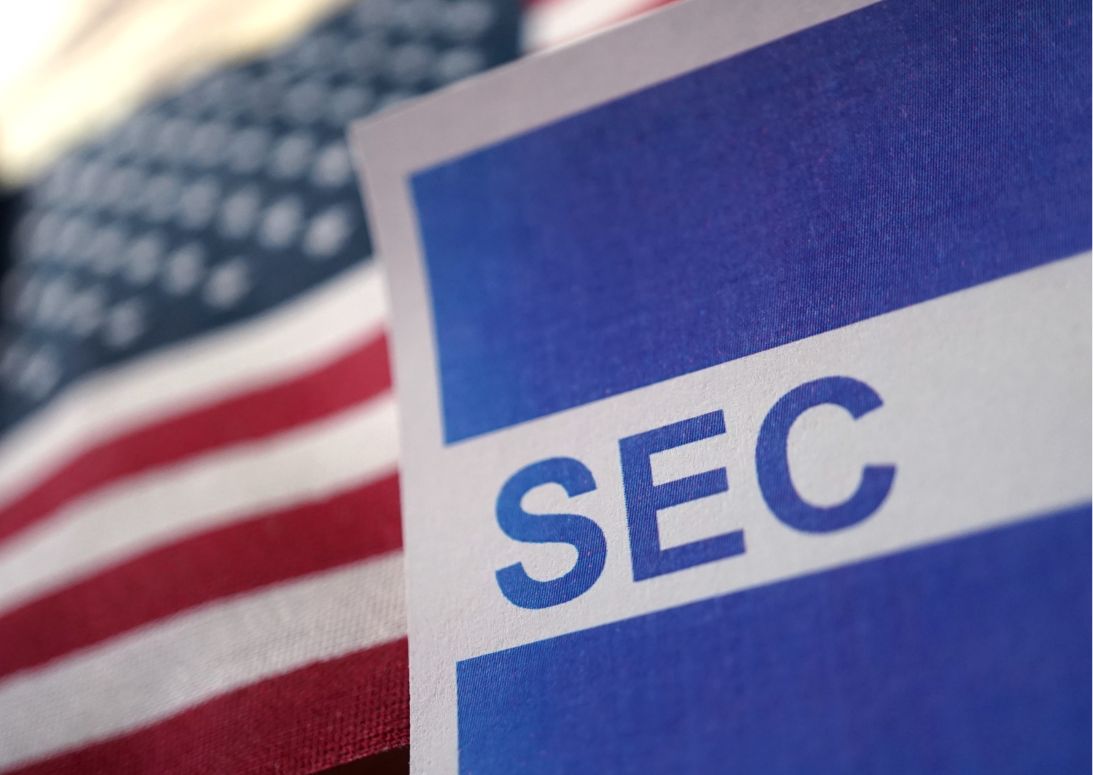
So, you’re wondering why you should consider using an SEC-registered exchange for your crypto transactions.
Let’s dive into the benefits that make these platforms stand out.
- Credibility
SEC registration adds a layer of legitimacy that many other exchanges lack. Think about it: the SEC’s primary mission is to protect investors. So, an exchange that has undergone the rigorous process of SEC registration is more likely to be above board.
- Regular audits and reporting requirements
This means greater transparency for you, the investor. You’ll have a clearer picture of the exchange’s financial health, trading volume, and other key metrics.
- Security
SEC oversight generally means stricter security protocols. Your assets and personal information are less likely to fall into the wrong hands when dealing with an exchange that adheres to SEC guidelines.
- Dispute resolution
If something goes wrong, you’ll have a more straightforward path to legal recourse with an SEC-registered exchange. That’s because these platforms must adhere to specific consumer protection laws.
Conclusion
So, there you have it.
If you’ve been on the fence about which crypto exchange to choose, hopefully, this article has shed some light on why SEC-registered platforms might be your best bet.
Cryptocurrency is still relatively young and can be like the Wild West.
Regulatory oversight by institutions like the SEC can stabilize you, helping you navigate this exciting but often volatile landscape more confidently.
In summary, while SEC registration isn’t the only factor to consider when choosing an exchange, it’s a significant one that can greatly impact your overall trading experience.
So why not give yourself the peace of mind of using an SEC-registered exchange?
After all, in the fast-paced world of crypto, a little extra security and transparency can go a long way.
